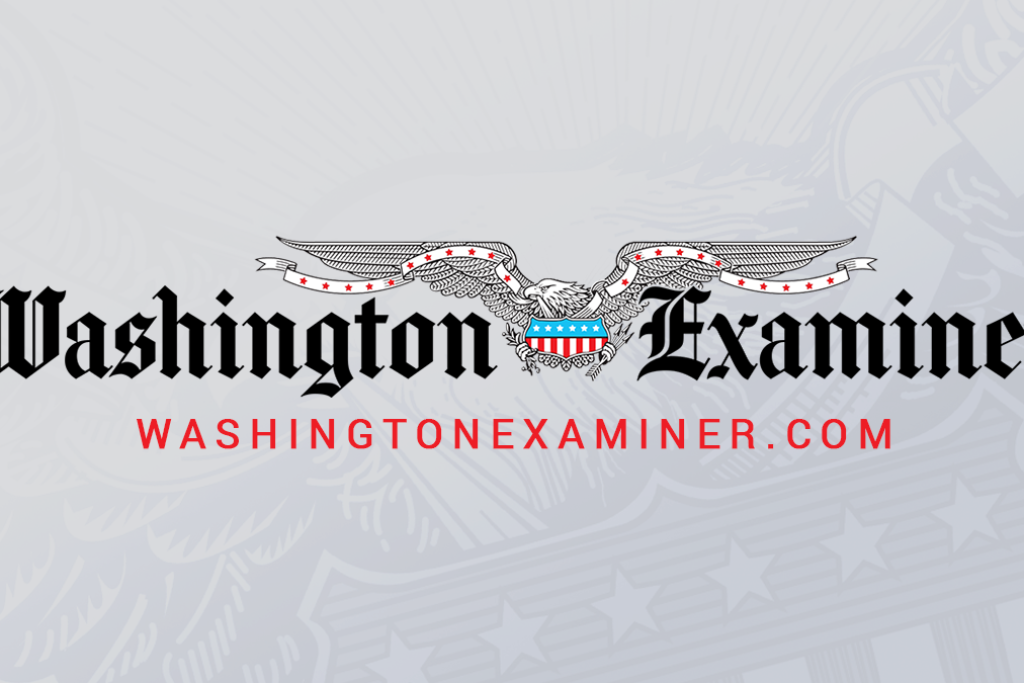

President Donald Trump is charging forward with a wave of drug pricing initiatives as Republicans seek to dismantle Democrats’ justification to shut down the government over healthcare demands.
As Democrats have dug their heels in over an extension of Obamacare insurance premium tax credits to give their support for a government funding patch, with funding lapsing at midnight on Sept. 30, Trump has moved forward with several health policy announcements, including his pharmaceutical tariffs set to take effect on Wednesday.
On Tuesday, Trump announced a deal with pharmaceutical conglomerate Pfizer Inc. to decrease drug prices. This is part of his Delivering Most-Favored-Nation Prescription Drug Pricing plan, which he proposed in a May executive order, before he increased pressure on drug companies with a July letter demanding action. The plan’s premise is that drugmakers match their U.S. prices with the lowest price provided to similar wealthy, developed countries.
On Tuesday, Trump also announced a “TrumpRx” direct-to-consumer website through which the public can purchase Pfizer drugs at reduced prices, helping uninsured consumers.
“Pfizer is committing to offer all of their prescription medications to Medicaid, and it will be at the most favored nation prices,” the president told reporters at the White House. “It’s going to have a huge impact on bringing Medicaid prices down.”
With polling suggesting that Republicans do not prioritize healthcare compared to Democrats, Trump’s Delivering Most-Favored-Nation Prescription Drug Pricing has also been pitched as an economic issue amid poor approval ratings for his economic management.
For example, an Economist-YouGov poll that concluded on Monday reported that Trump’s overall approval was net negative 14 percentage points, his economic approval was net negative 15 points, his inflation approval was net negative 28 points, and his healthcare approval was net negative 19 points.
During the press conference for his Pfizer deal, Trump appeared to acknowledge the politics of his announcement before next year’s midterm elections, predicting the Pfizer agreement would have “huge” consequences for the 2026 contests.
“I’ve wanted to do it from the beginning, from my first day and first time,” he said. “We’ve been working on this for eight months. It’s a very big deal.”
Trump’s Pfizer announcement — and a separate executive order signing on Tuesday regarding his plan to accelerate pediatric cancer research, including through artificial intelligence — comes a day before the introduction of his 100% tariff on brand-name or patented pharmaceutical products, which start on Wednesday. Drug companies can be exempted from the duties if they manufacture their products in the United States or have broken ground on a domestic manufacturing plant.
Trump’s pharmaceutical tariffs have raised concerns from the libertarian think tank Competitive Enterprise Institute about the possibility that the duties will exacerbate drug prices and supply chain problems.
“The Trump administration’s economic and trade policies will disrupt pharmaceutical manufacturing, causing unpredictable and damaging effects on the American economy and people,” CEI healthcare policy expert Jeremy Nighohossian told reporters on Tuesday. “The administration may want to shift manufacturing to the United States, but in reality, the larger the shift, the greater the cost will be. The biggest loser will be Americans themselves, needlessly forced to pay higher prices for medicine.”
However, the White House has downplayed those and other price increase-related concerns since Trump previewed his tariff and broader trade policy during the transition.
“American workers, manufacturers, and communities have been dealing with the consequences of foreign cheating and lopsided ‘free’ trade deals for decades,” White House spokesman Kush Desai told the Washington Examiner on Tuesday. “President Trump pledged to put Americans and America First, and his tariff policies reflect that commitment.”
At the same time, Democrats have sought to make the federal government shutdown, poised to take place shortly after midnight on Wednesday, about healthcare as they try to use Republicans’ need for eight Democratic votes to keep the government open from Oct. 1 as leverage to extend COVID-19 pandemic-era Obamacare premium tax credits before they expire at the end of the year.
Simultaneously, Trump and Republicans have been contending that Democrats hope to repeal One Big Beautiful Bill reforms restricting illegal immigrant access to public services, arguing that policies can be discussed without the deadline of a government shutdown. Complementing its protection of Trump’s 2017 tax cuts, the One Big Beautiful Bill cuts spending on entitlement programs, including Medicaid and food stamps, though its Medicaid work requirements will be implemented after the midterm elections.
“The federal government by law that we passed does not fund health insurance for undocumented immigrants in Medicaid, period. Nor [Obamacare], nor Medicare,” Senate Minority Leader Chuck Schumer (D-NY) told reporters on Tuesday. “Undocumented immigrants do not get federal health insurance premiums, period. Period. They’re lying.”
“There is nothing in anything that we have proposed that is trying to change that law,” House Minority Leader Hakeem Jeffries (D-NY) added on CNBC. “We are fighting for the healthcare of the American people, fighting to deal with the Republican healthcare crisis, which included the largest cut to Medicaid in American history.”
Regardless, Trump on Tuesday repeated that he does not want a government shutdown and reiterated his illegal immigrant claims before underscoring previous threats to fire more federal employees beyond the traditional furlough process.
“We can do things during the shutdown that are irreversible, bad for them, and irreversible by them, like cutting vast numbers of people out, cutting things that they like, cutting programs that they like,” he said.
DEMOCRATS’ ILLEGAL IMMIGRANT DEMANDS FOR GOVERNMENT FUNDING DEAL FUEL TRUMP’S SHUTDOWN STRATEGY
Democratic strategist Christopher Hahn defended Democrats for being “focused on restoring the disastrous cuts to Medicare, Medicaid, and [Obamacare] that will cause millions of Americans to lose their health coverage and cause significant increases in premiums for tens of millions more.”
Republican strategist Cesar Conda countered: “The president is not going to cave in to the Democrats’ demand to provide healthcare to illegals, which has become a magnet for foreigners to break our laws and pour into this country. He’s got the upper hand in these negotiations, and the Democrats eventually will fold like cheap tents.”
Subscribe to George Magazine and unlock exclusive bonuses. Your subscription now includes a free crypto essentials guide and three premium downloadable images. These images are perfect for personal use as desktop or mobile backgrounds, with thumbnail previews shown below.


![[GOOD PRESS] ON[GOOD PRESS] ON](https://georgemagazine.com/wp-content/uploads/2024/08/16389056566437433941_2048-300x300.jpeg)

Discount Applied Successfully!
Your savings have been added to the cart.